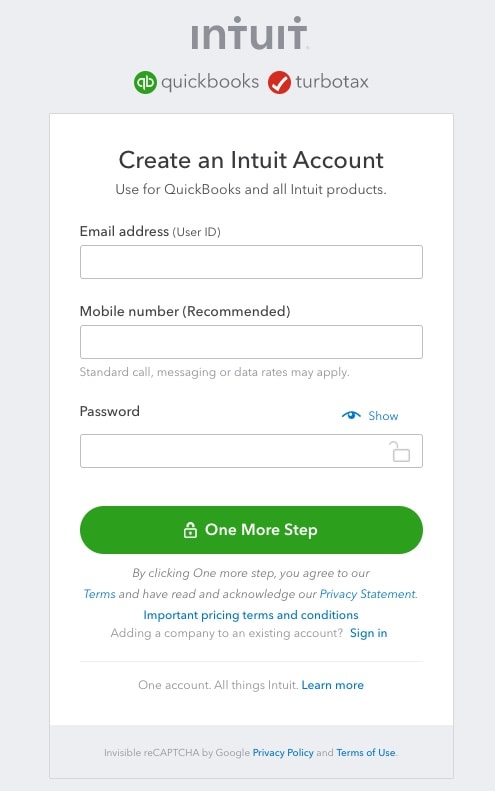Turn on suggestions
Auto-suggest helps you quickly narrow down your search results by suggesting possible matches as you type.
Showing results for
I'm a complete newcomer to QBO and am struggling with the many choices of transaction type when categorising bank transactions.
I am UK based and operate as a sole-trader in the IT world, but also have income from an annex to our house that I rent out.
One challenge is the payment from the tenant ... they pay a monthly amount which includes rent and a contribution to electricity (our annex does not have its own meter so we split the electricity bill between the annex and the main house). In the UK, for a few months, the government also paid an energy credit which we split 50/50 with the tenant (again: because the two properties are on one single shared supply - so we only get one credit payment between us). The tenant has also been paying off a historical debt that built up over covid.
So we get a monthly payment that covers.
- a month's rent.
- a month's worth of electricity
- a payment towards clearing the debt
- a deduction for 50% of the energy credit.
So - how do I classify these four parts to the payment? I have used a split, and classified these as..
- rent = rent receivable
- electricity = sale (which is also matched by an equivalent expense).
- clearing the debt = rent receivable
- energy credit deduction = rent receivable (but a negative value).
Does that sound like the right way to do it?
Also: the property belongs jointly to me and my wife, so for our respective tax forms, we each take half the income and the expenses. I am trying to use QBO for just my taxes -- how do I reflect that in QBO when categorising transactions from the bank account? It doesn't seem possible to take a bank transaction and classify only half it's value - you have to make the split classification values match the actual transaction total.
Hi @Wolfbro,
Thank you for writing here.
Your first sentence is a bit confusing. Do you use QBO for your IT business or rent collection? Or do you use it for both business and personal expenses?
Let's jump to the rent collection,
From your tenant you receive the amount altogether, then you need it split it. You can do it in two ways. Though it's not your short-term rental like Airbnb, then do it by raising the invoice.
In one invoice you can include all the parts
Rent collection Income
Electric bill income
Rent receivable
Energy credit (Sounds like a security deposit)
Take care of tenant transactions in this way. Organize your chart of accounts first. Feel free to reach out through the bio for any kind of bookkeeping help.
All the best
Thanks for your reply.
To answer "what are you using QBO for?" ... as yet, I'm really not sure. I'm experimenting with it to see what it can do for me as I leave full time PAYE employment and move over to being an IT sole-trader (not VAT registered) who also happens to have a rental property. My hope was that it would help me stay organised enough to make my self assessment submission easier. So: my idea was to use it for both income streams and the relevant expenses. Having played around for a few days, I am coming to the conclusion that it actually makes life harder rather than easier. But that could just be my initial inexperience and unfamiliarity with its jargon.
In reply to "raise invoices": I'm trying to get the data for the 2021/2022 tax year into the system so I don't think I want to raise invoices for payments I have already received. Hence I am going through the transaction classification process and the big thing I am looking for help on is
* how to choose the right classifications for the four parts of the payments (am I doing it right?).
* how to classify only half of the payment (because the property is shared with my wife)
In reply to "set up the chart of accounts": Can you explain in simple terms what this is (because I dont "get" it).

You have clicked a link to a site outside of the QuickBooks or ProFile Communities. By clicking "Continue", you will leave the community and be taken to that site instead.
